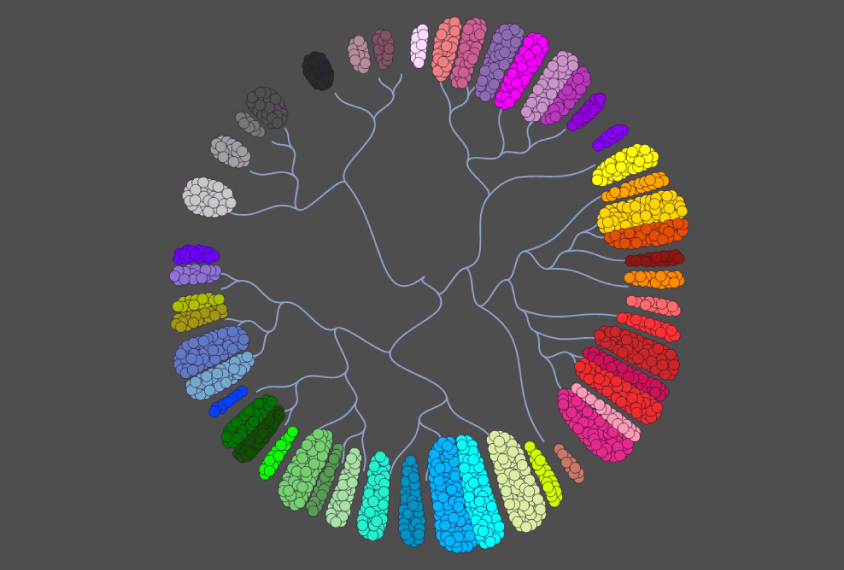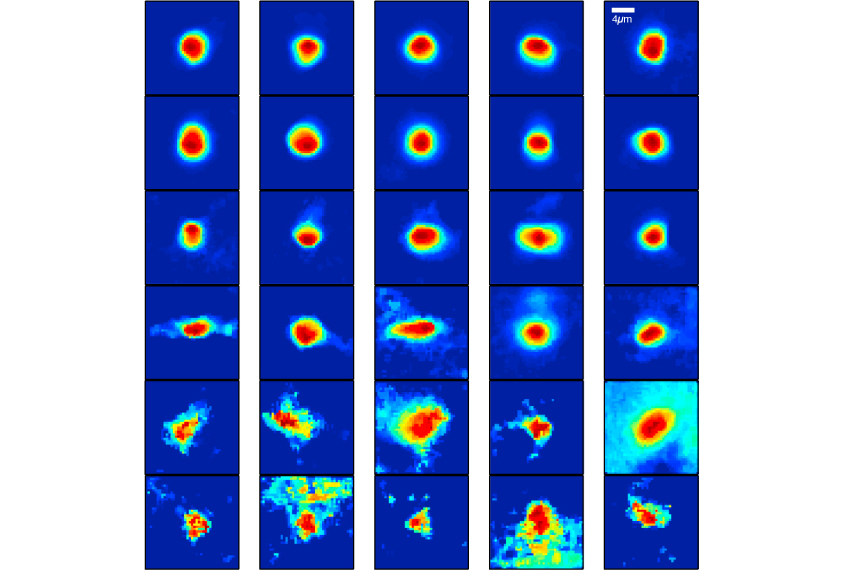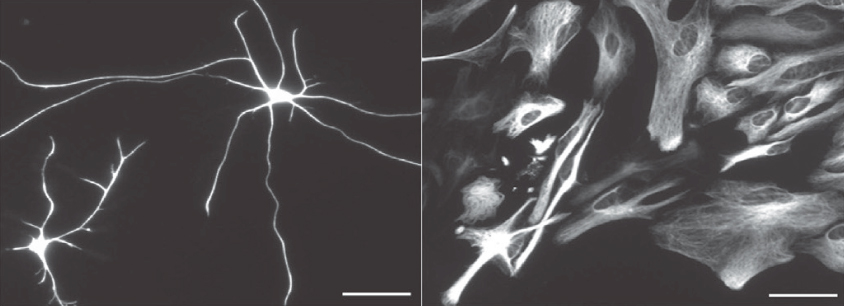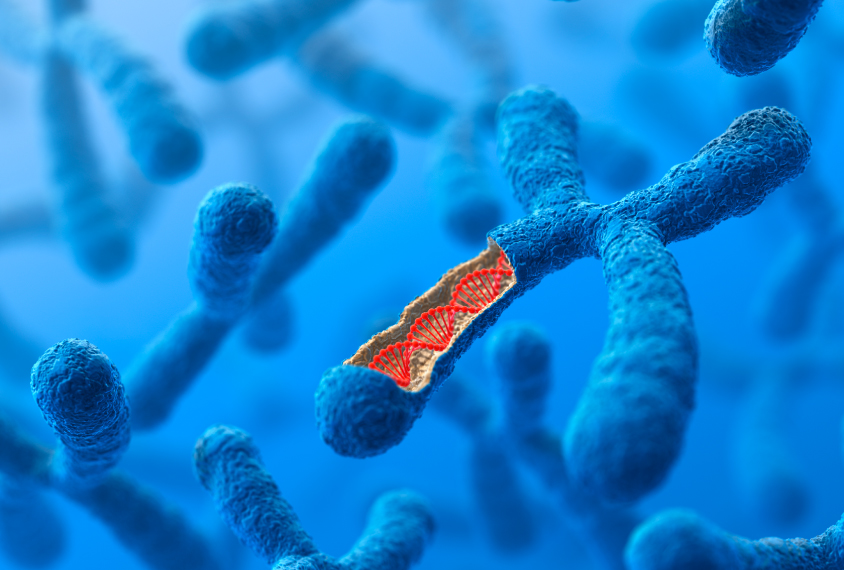Kate Yandell is a Philadelphia-based freelance writer with a love for genomics and neuroscience. She writes for Spectrum‘s Toolbox section.

Kate Yandell
Contributing Writer
Spectrum
From this contributor
With new part, CRISPR can cut RNA in living cells
A new version of the gene-editing tool CRISPR can target and cut RNA, offering a way to tinker with the expression of autism genes.
With new part, CRISPR can cut RNA in living cells
Sequencing approach bares large variety of brain cell types
Analyzing gene expression in a vision center of the mouse brain has revealed 49 different classes of cells.

Sequencing approach bares large variety of brain cell types
Precise program traces firing patterns in neural networks
By tracking calcium’s movement, a new algorithm simultaneously delineates individual neurons’ shapes as well as their firing patterns.

Precise program traces firing patterns in neural networks
Simple steps let star-shaped brain cells thrive in culture
A new method allows researchers to culture cells known as astrocytes from human brains.

Simple steps let star-shaped brain cells thrive in culture
Method marks variants among repeated DNA segments
A new tool trawls sequencing data to reveal single-letter DNA swaps within large duplications.

Method marks variants among repeated DNA segments
Explore more from The Transmitter
New connectomes fly beyond the brain
Researchers are mapping the neurons in Drosophila’s ventral nerve cord, where the central nervous system meets the rest of the body.

New connectomes fly beyond the brain
Researchers are mapping the neurons in Drosophila’s ventral nerve cord, where the central nervous system meets the rest of the body.
Building an autism research registry: Q&A with Tony Charman
A purpose-built database of participants who have shared genomic and behavioral data could give clinical trials a boost, Charman says.

Building an autism research registry: Q&A with Tony Charman
A purpose-built database of participants who have shared genomic and behavioral data could give clinical trials a boost, Charman says.
Cerebellar circuit may convert expected pain relief into real thing
The newly identified circuit taps into the brain’s opioid system to provide a top-down form of pain relief.

Cerebellar circuit may convert expected pain relief into real thing
The newly identified circuit taps into the brain’s opioid system to provide a top-down form of pain relief.